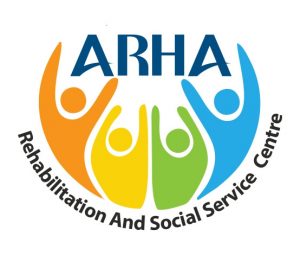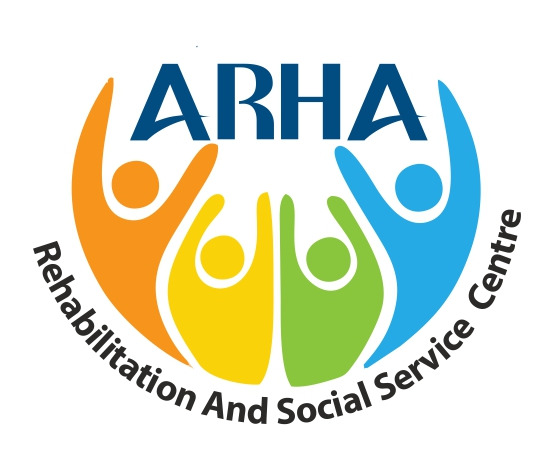- Alcohol addiction
- Clinical Depression
- Drug Addiction
- Gambling Addiction
- Facilities

Gambling addiction
What is Gambling Disorder?
Gambling disorder involves repeated, problem gambling behavior. The behavior leads to problems for the individual, families, and society. Adults and adolescents with gambling disorder have trouble controlling their gambling. They will continue even when it causes significant problems.
Symptoms
Signs and symptoms of compulsive gambling (gambling disorder) include:
• Being preoccupied with gambling, such as constantly planning how to get more gambling money:
• Needing to gamble with increasing amounts of money to get the same thrill:
• Trying to control, cut back or stop gambling, without success:
• Feeling restless or irritable when you try to cut down on gambling:
• Gambling to escape problems or relieve feelings of helplessness, guilt, anxiety or depression:
• Trying to get back lost money by gambling more (chasing losses):
• Lying to family members or others to hide the extent of your gambling:
• Jeopardizing or losing important relationships, a job, or school or work opportunities because of gambling:
• Resorting to theft or fraud to get gambling money:
• Asking others to bail you out of financial trouble because you gambled money away:
Risk factors
Although most people who play cards or wager never develop a gambling problem, certain factors are more often associated with compulsive gambling::
• Mental health disorders. People who gamble compulsively often have substance abuse problems, personality disorders, depression or anxiety. Compulsive gambling may also be associated with bipolar disorder, obsessive-compulsive disorder (OCD) or attention-deficit/hyperactivity disorder (ADHD).:
• Age. Compulsive gambling is more common in younger and middle-aged people. Gambling during childhood or the teenage years increases the risk of developing compulsive gambling. However, compulsive gambling in the older adult population can also be a problem.:
• Sex. Compulsive gambling is more common in men than women. Women who gamble typically start later in life and may become addicted more quickly. But gambling patterns among men and women have become increasingly similar.:
• Family or friend influence. If your family members or friends have a gambling problem, the chances are greater that you will, too.:
• Medications used to treat Parkinson's disease and restless legs syndrome. Drugs called dopamine agonists have a rare side effect that may result in compulsive behaviors, including gambling, in some people.:
• Certain personality characteristics. Being highly competitive, a workaholic, impulsive, restless or easily bored may increase your risk of compulsive gambling.

